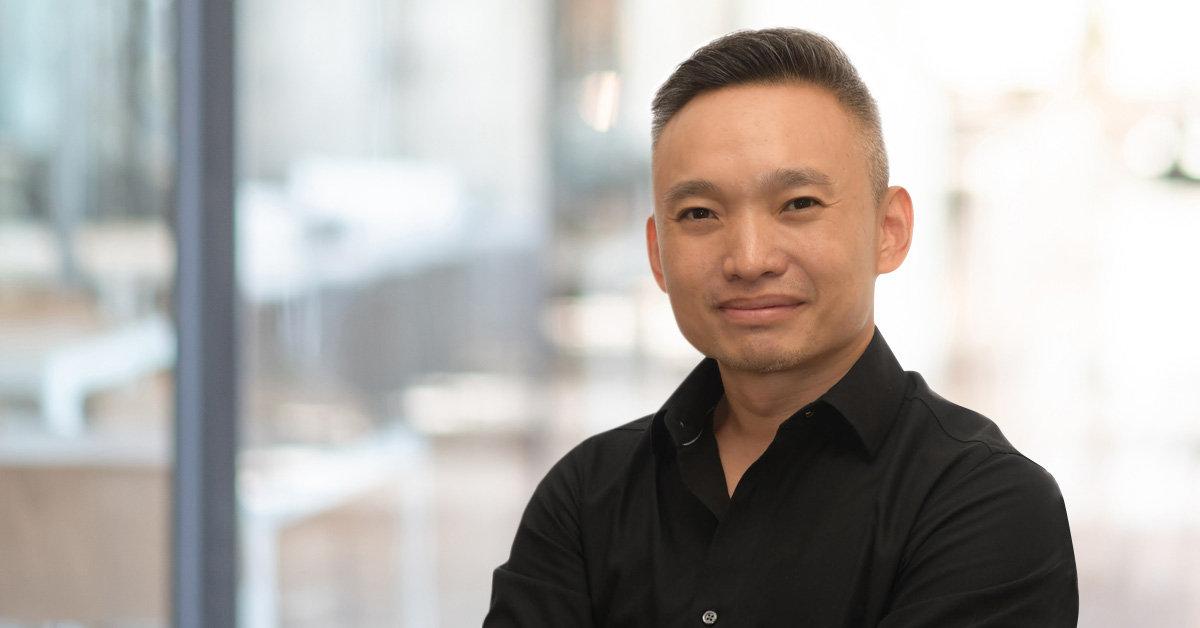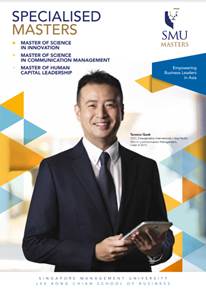
Have you been turning on the camera in your computer during all those Zoom meetings that have become ubiquitous during this time of COVID-19? If you’ve been preferring to keep your quarantine dishevelment to yourself and leaving that screen empty, then Yee Chong Moon, Executive Director of Nielsen Media, and Head of Nielsen Sports Southeast Asia has some advice.
“The one thing we Asians still need to do better is to be less camera-shy and start turning on those cameras during video chats,” he says. “The video function provides an in-person experience for conversations. Seeing facial expressions humanises the digital conversations.”
It’s no surprise that someone who works in the media is particularly attuned to the impact of visual images. Indeed, Chong Moon says that the humanising element of camera-on video calls has contributed to the ability of associates in different teams in his company to collaborate seamlessly.
Another factor for the relatively smooth transition is that working from home is nothing new to Nielsen’s employees. The global marketing research firm has been offering flexible work arrangements for the past few years and had already implemented collaborative productivity tools for its staff across countries before the coronavirus pandemic took hold.
“The circuit breaker measures by the government simply accelerated our technology adoption processes,” Chong Moon believes. “Data is utility to our new world, and we remain the invisible workforce operating in the background to ensure the services to our clients continue to be delivered even with the limitations created by COVID-19.”
Will remote working become the new normal after the lockdowns end?
Chong Moon takes a moderate view on this. While companies that previously had no flexible working arrangements in place will probably implement some degree of remote working to minimise potential future disruptions, others may simply return to what he calls “respective operating rhythms”.
His conclusion: “Eventually the world will come to a balance with regards to setting a percentage of work to be conducted remotely after this pandemic.”
However, even those already used to working away from the office may come to develop a new appreciation for more conventional workdays once they emerge from the isolation imposed by this current crisis. As Chong Moon puts it: “Some things cannot be substituted by technology. It is the face-to-face interactions, pantry chatter, and in-person expressions in the boardrooms that I miss most when working from home.”
As a current student in the Lee Kong Chian School of Business’ Master of Science in Innovation (MI) programme, he has also been missing in-person interactions with his classmates and teachers. “The circuit breaker does remove some of the invaluable experiences of being in college, such as attending lectures and in-person group discussions.”
That said, he notes that the curriculum has been adjusted accordingly during this period to be geared more towards individual learning to meet students’ needs.
Most importantly, Chong Moon believes that the MI programme’s emphasis on inculcating a mindset of innovation has been invaluable during this period of unprecedented disruption.
“During times like these, with limitations to the way we operate, the openness and application of innovation help us to come up with new ways to work, to develop contingencies and workarounds to engage our teams, and to interact with clients and maintain productivity.”
Speak to our Admissions Advisors
Lee Kong Chian School of Business
Postgraduate Admissions
Singapore Management University
Level 4, Postgraduate Programmes Office
50 Stamford Road, Singapore 178899
Tel: +65 6828 0882
Join us at the upcoming events
Ofukacho, 1−1 ヨドバシ梅田タワ
Osaka, Kita Ward, 〒530-0011, Japan
Kyobashi, 1 Chome−3−5 三井ガーデンホテル 1F
Chuo City, Tokyo, 〒104-0031, Japan
